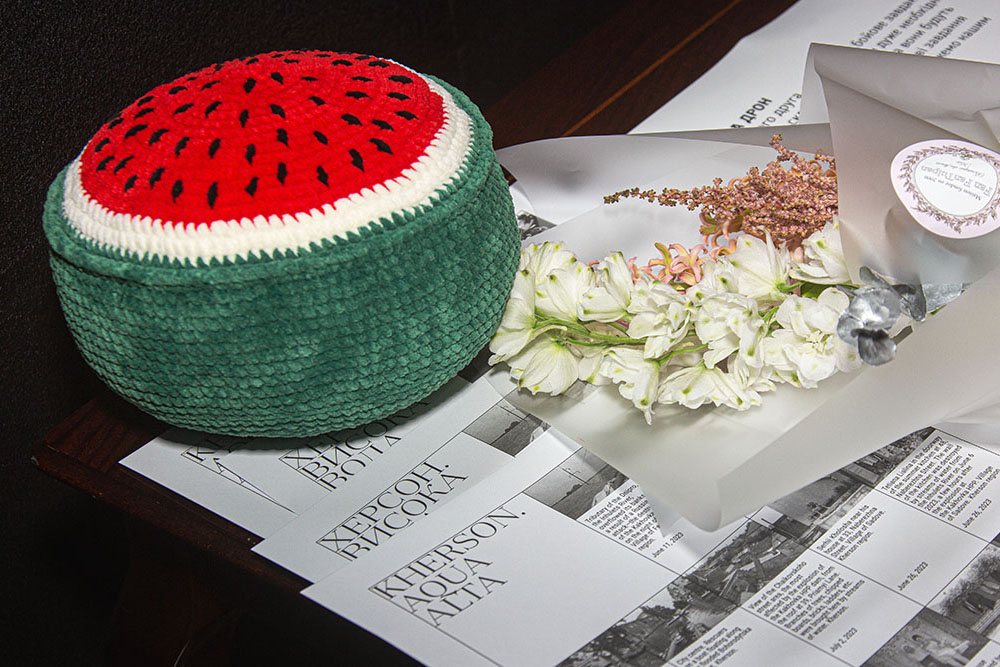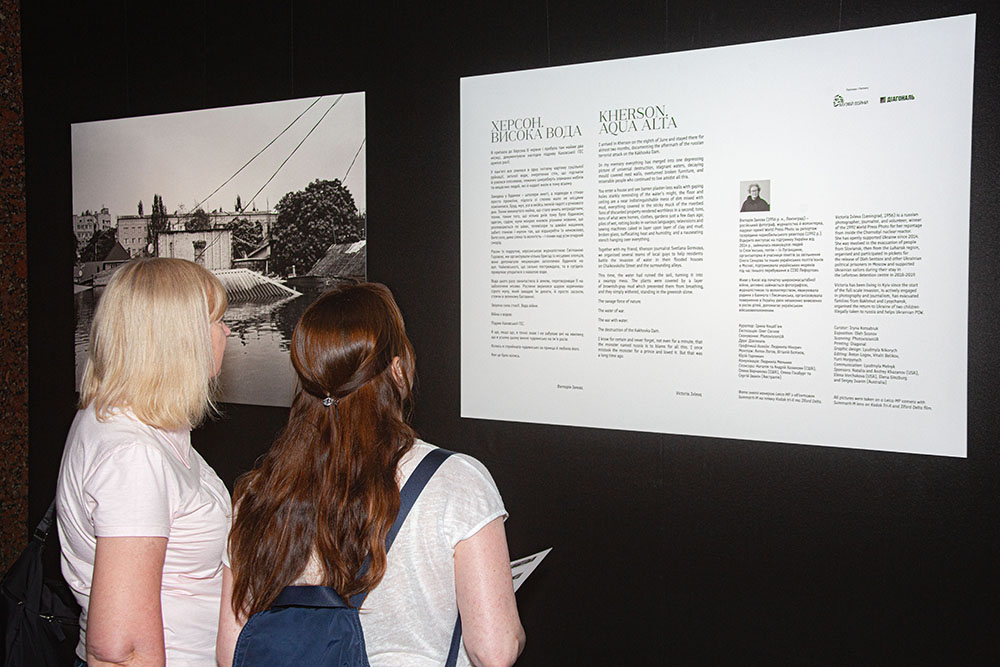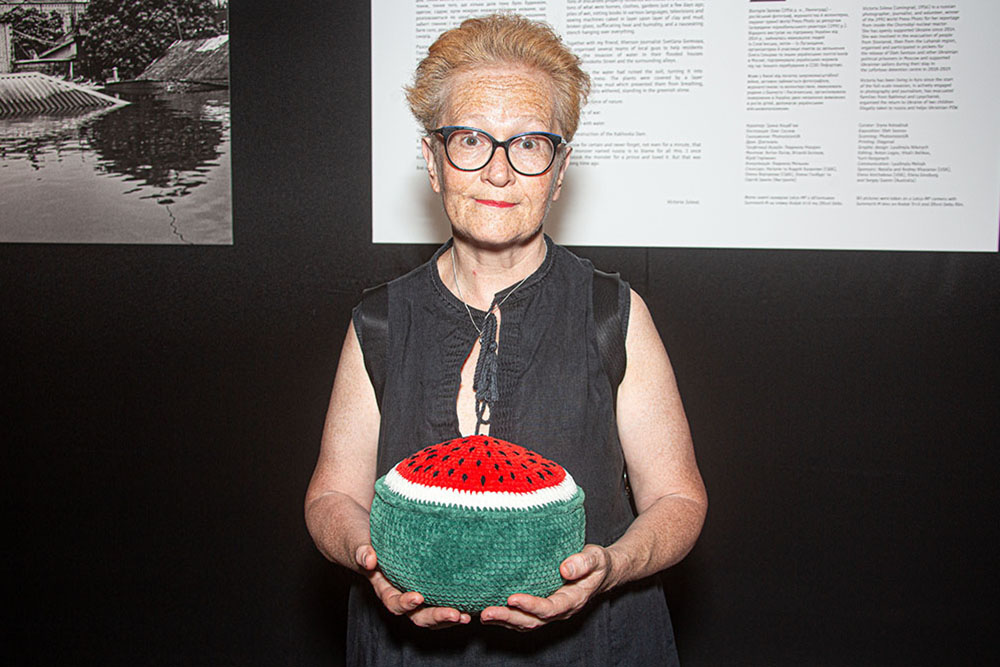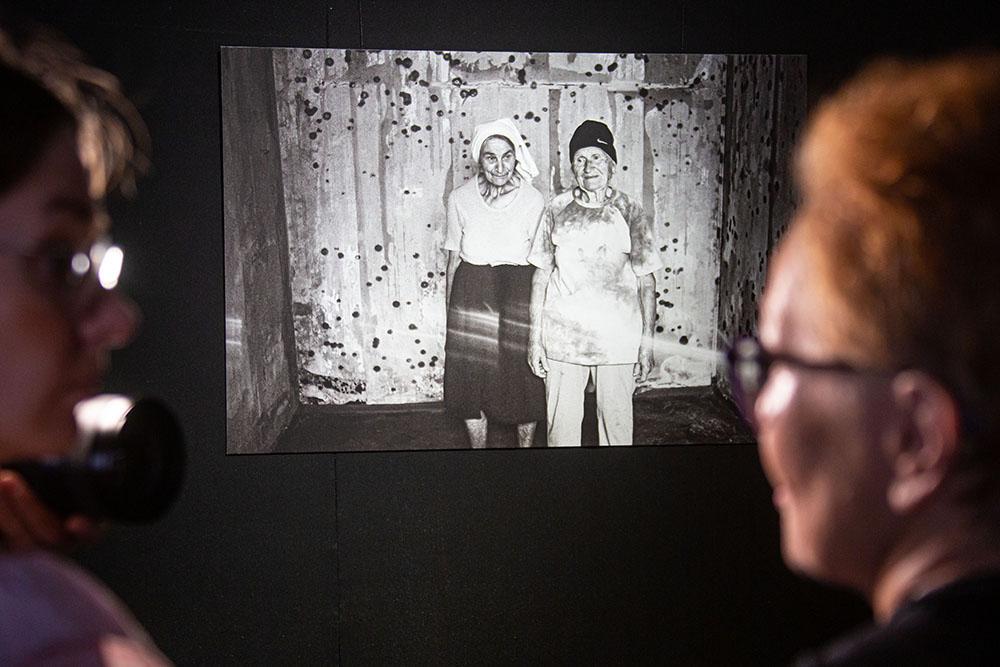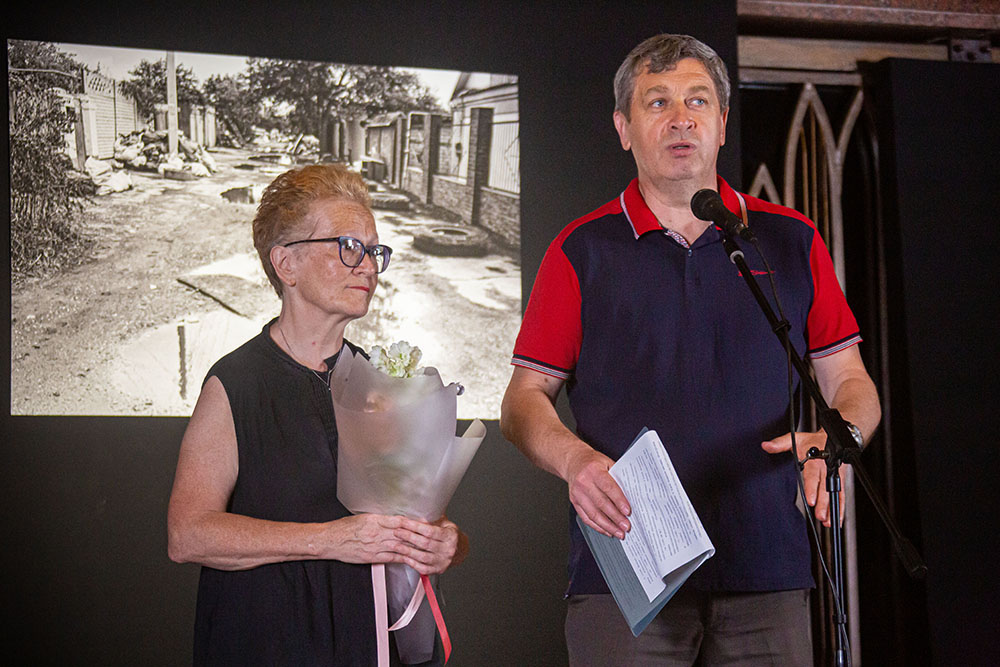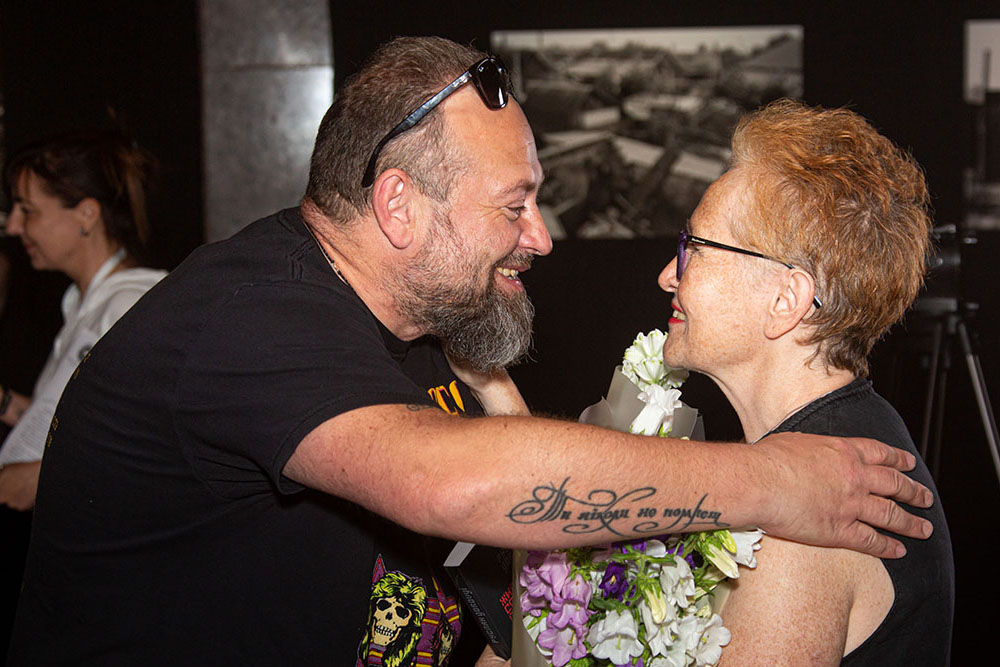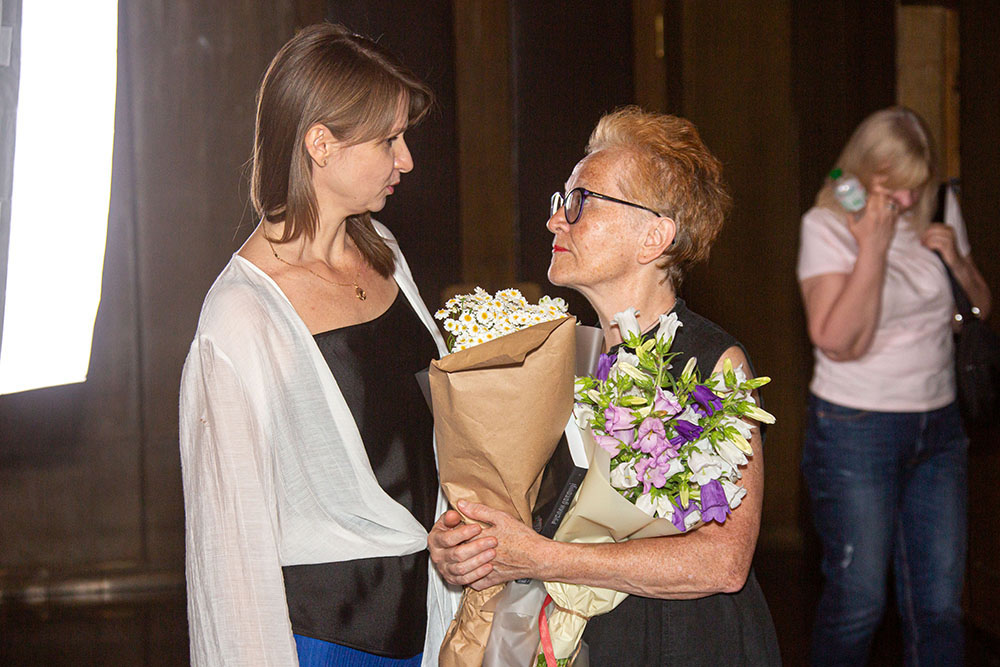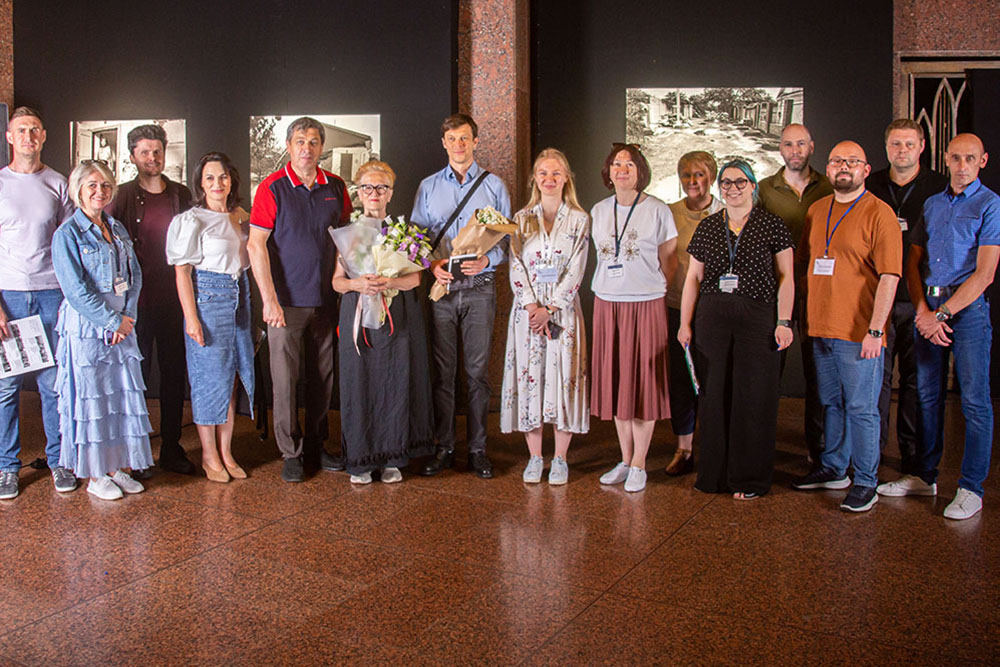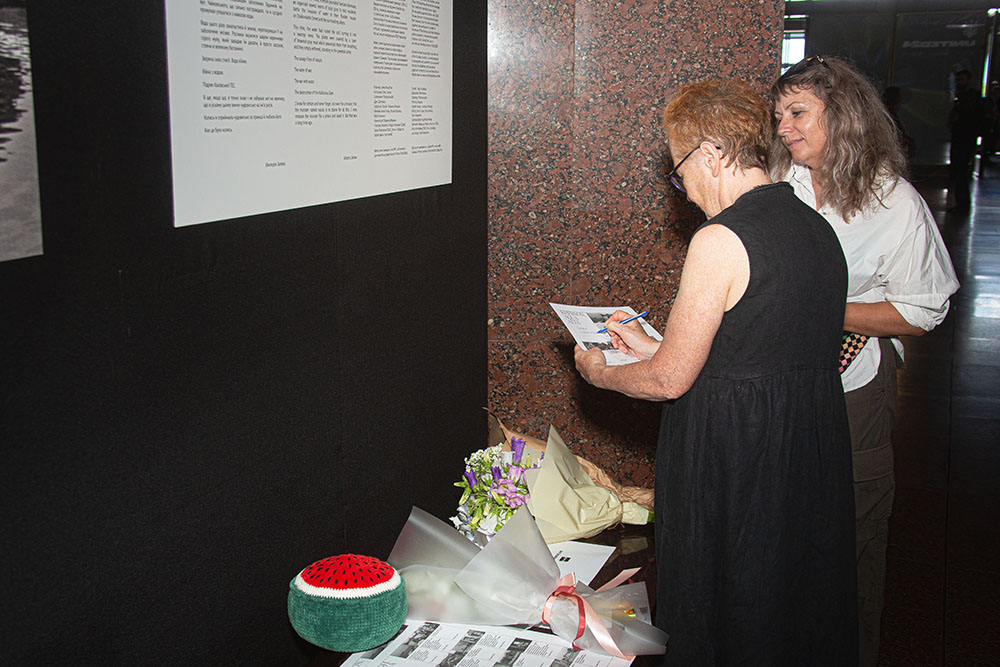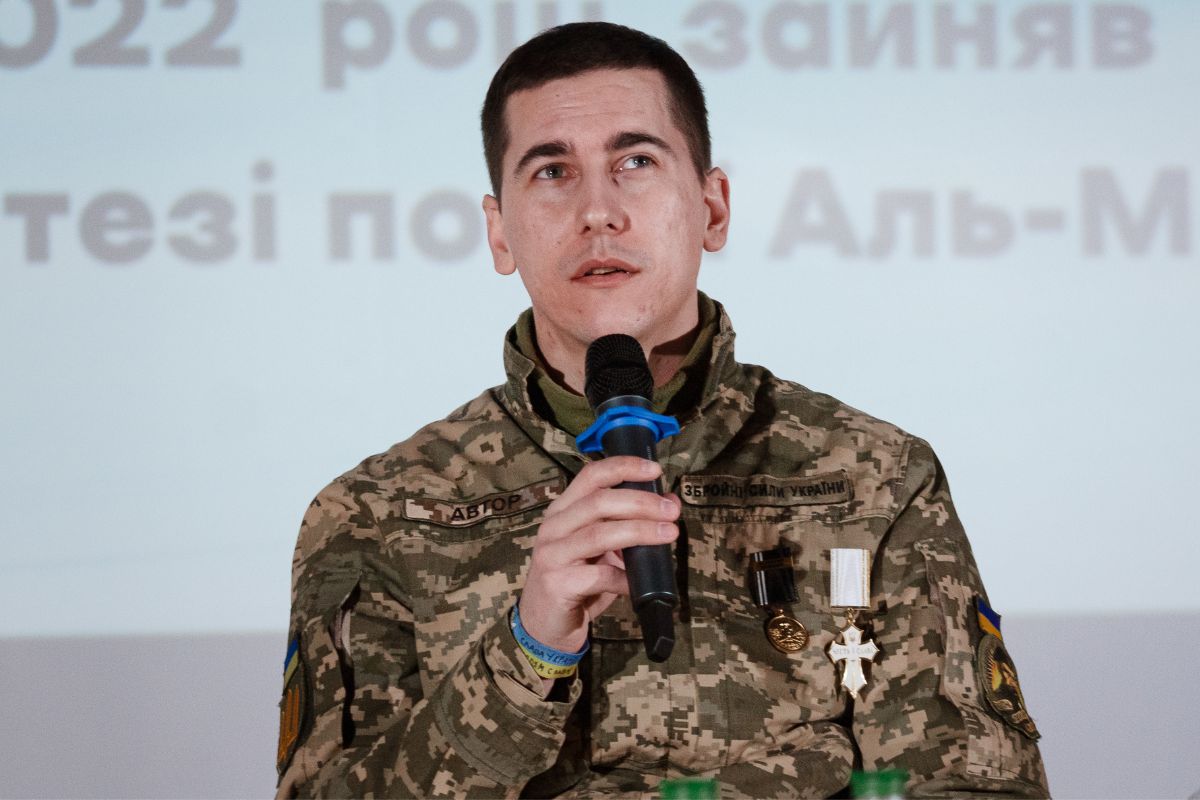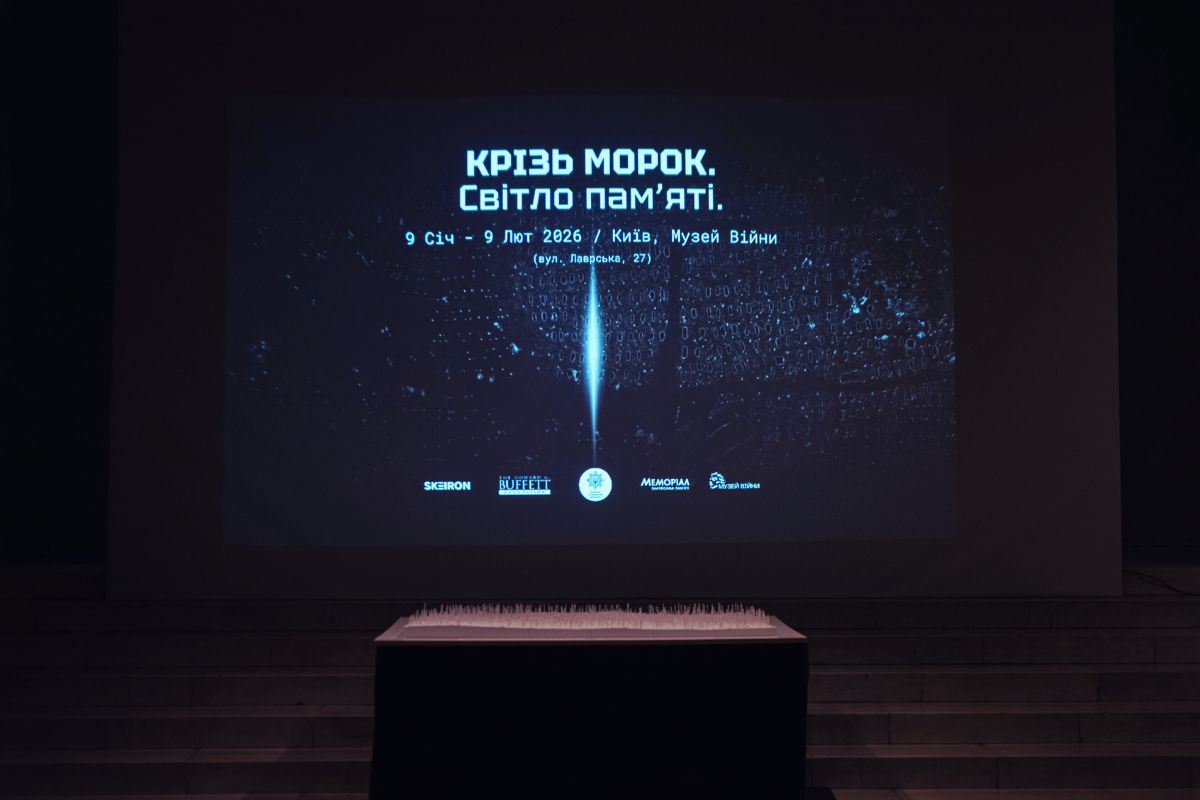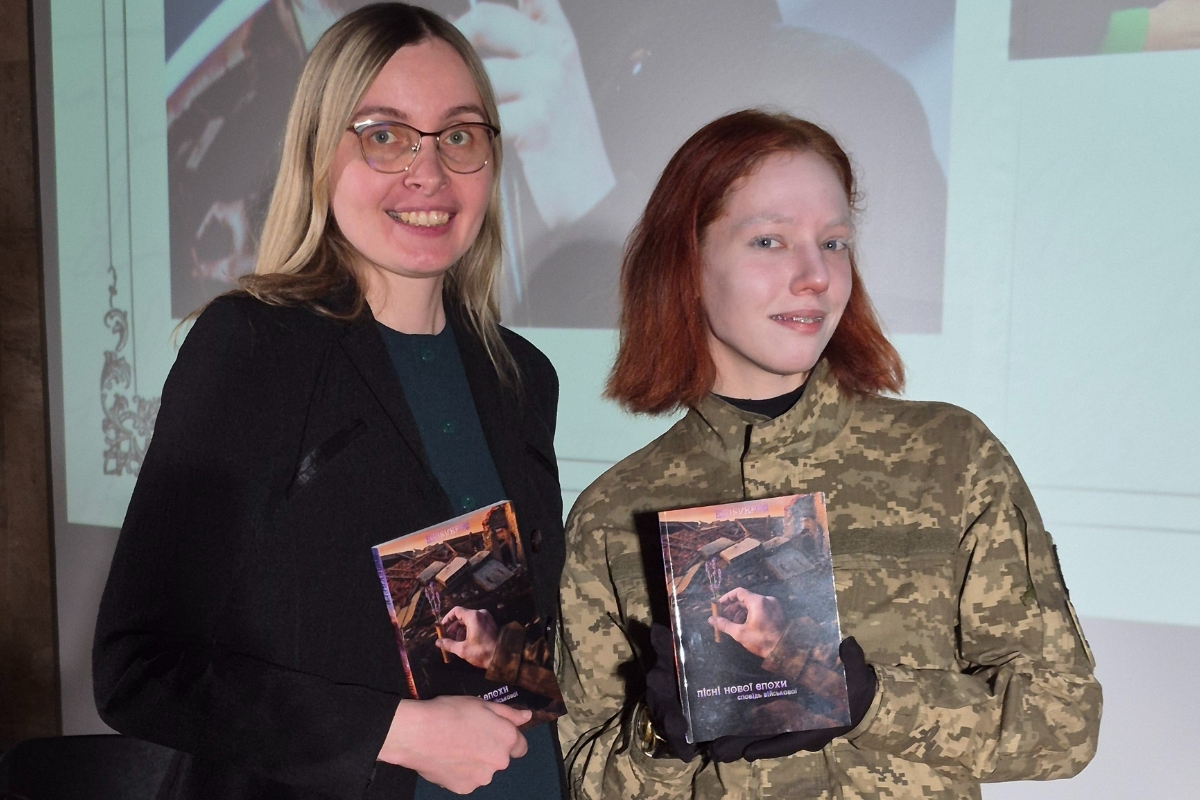Among hundreds of others, the Kakhovka Hydroelectric Power Plant explosion is a great crime committed by the russians.
On the anniversary of the ecocide, the “Kherson. Aqua Alta” exhibition opened at the War Museum. This photojournalistic chronicle by Victoria Ivleva captures her experiences from last June. She volunteered in the city for nearly two months and, alongside local journalist Svitlana Gorova, assisted in organizing the evacuation of people from the flooded streets while documenting everything on camera.
“I understand that this war has affected every Ukrainian family,” said Victoria Ivleva. For the author of the photos, it is essential to convey the truth about the crimes committed by the russian aggressors and how they concealed this truth, forbade volunteers to rescue people from flooded villages, looted, condemned to death… The war is not over, so cooperation with the Museum, which, like Victoria Ivleva, documents every day of it, will continue.
During the opening ceremony, the Museum’s Director General, Yurii Savchuk, mentioned that our institution is a unique intersection of place and time, where the past and present converge. The Museum records the current war, and the exhibition reflects this. It elicits emotions, allowing us to relive the memories of what we have already gone through.
Victoria Ivleva’s lens captures images of pain, portraying scenes of complete destruction, stagnating water, and disheartened individuals who have been abruptly robbed of their sense of comfort and safety. The black and white photographs blur the boundaries between reality and representation, immersing the viewer in a mix of emotions, hopelessness, and acknowledgment of the unavoidable.
We hope that the exhibition will be a place for people to learn about the tragic history of Kherson and a space where those who have lost their homes due to the war can find hope for a swift return home.
